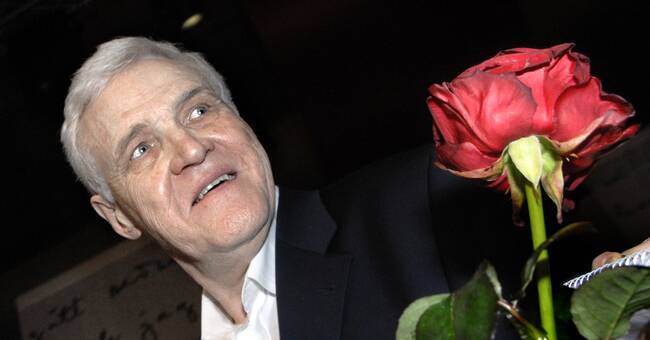Carl-Henning Wijkmark is dead.
He was not unprepared, few like him have made death a literary theme.
When the August Prize 2007 went to Stunning Night, it was a high-stakes one, no one had expected that a short novel with a tired old narrator who lay and died would win.
But whoever read saw how cheerfully Wijkmark tackled his favorite subjects: power, sexuality and death.
Already in the debut novel
Jägarna på Karinhall from 1972, his uniqueness can be seen: the mixture of hilarity and seriousness, acumen and deep education.
And a sense of style.
The march towards World War II and totalitarian ideologies are portrayed in the novel as a hunting party for Göring, where vulgarity, violence and the murky ideas constitute a deadly mixture.
You read it fascinated and captivated, so uncomfortably real is this fantasy creation.
Before the novel
, Wijkmark had published two collections of essays on German and French literature.
He was a European intellectual, or rather: a Swedish writer who moved in Europe with a critical and curious look at the present and history.
The wars, the belief in progress and the oppression exercised in its name are never far away in Wijkmark, and the private is always part of a larger context.
In Wikjmark's external perspective, the Swedish public could seem restricted and innocent at the same time, renouncing experiences of suffering that paradoxically breeds a deeper form of humor.
Wijkmark managed to write many novels
, with time getting darker.
The coming night was one of the last, it takes place in the waiting room of death, but still makes the last hours of the day meaningful.

